Enjoy our 2023 annual report
Celebrate a full, impactful year by exploring our interactive digital report's stories, pictures and more
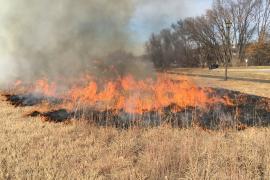
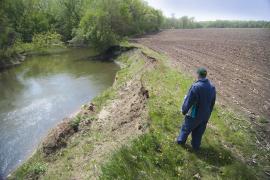
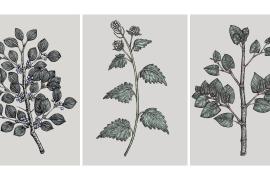

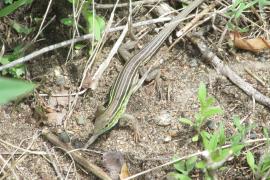
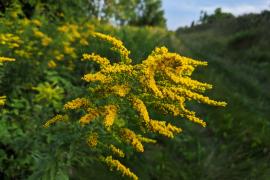
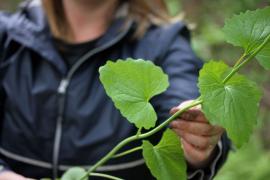
Not all thistles are invasive in Minnesota. Here's how you can tell if you're looking at one of our five native thistle species and why you should leave those species in the ground. >>
Not all thistles are invasive in Minnesota. Here's how you can tell if you're looking at one of our few native thistle species. Read more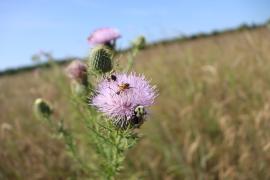
Celebrate a full, impactful year by exploring our interactive digital report's stories, pictures and more
Receive FMR's biweekly email newsletter, Mississippi Messages Sign up